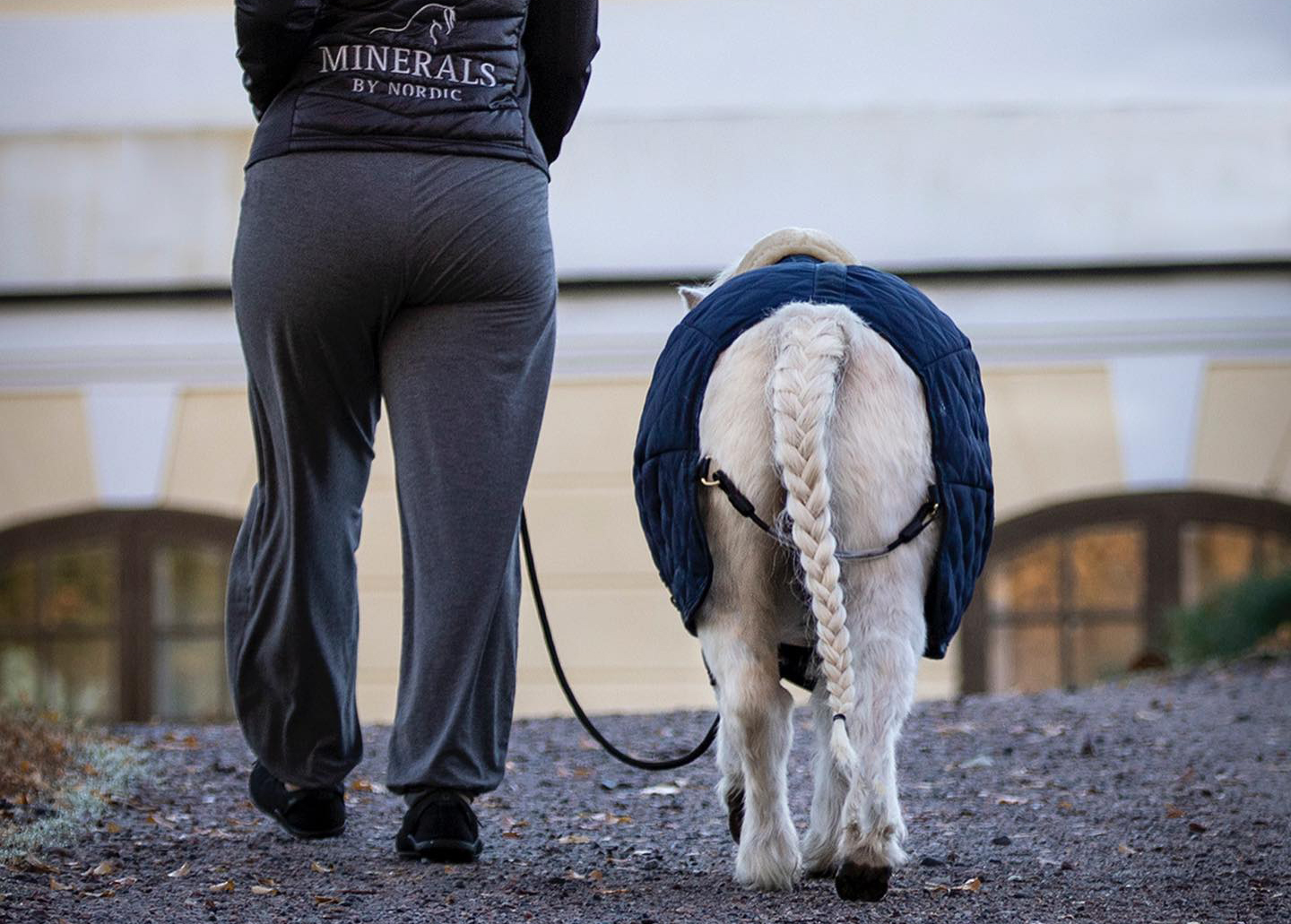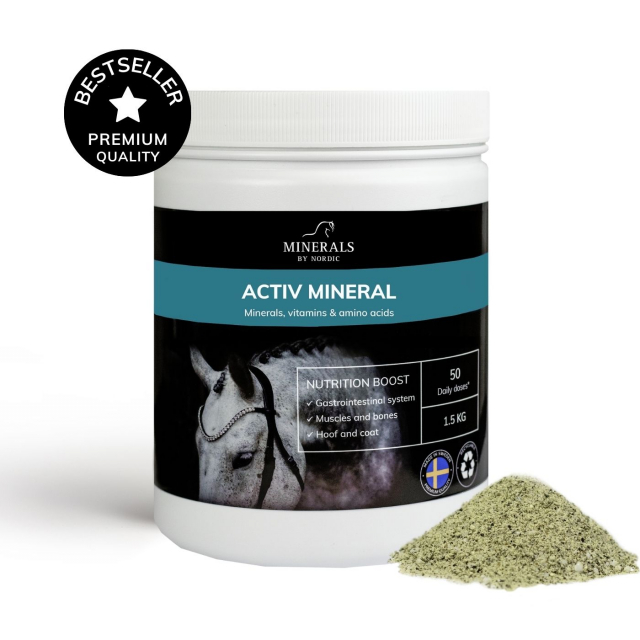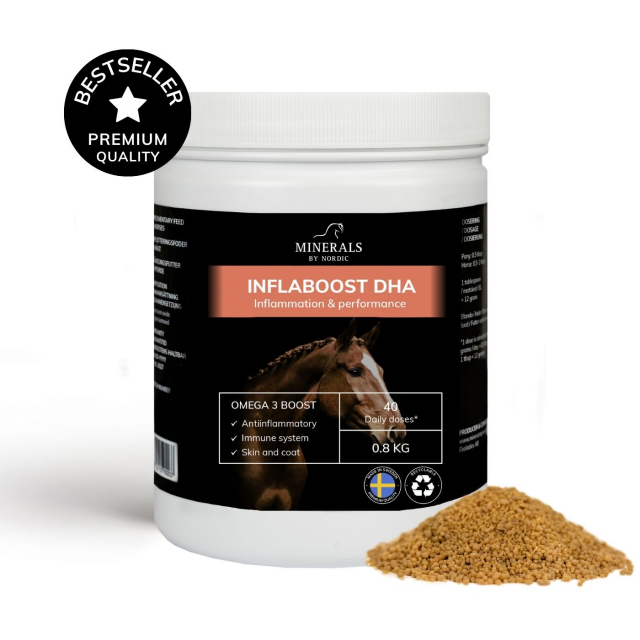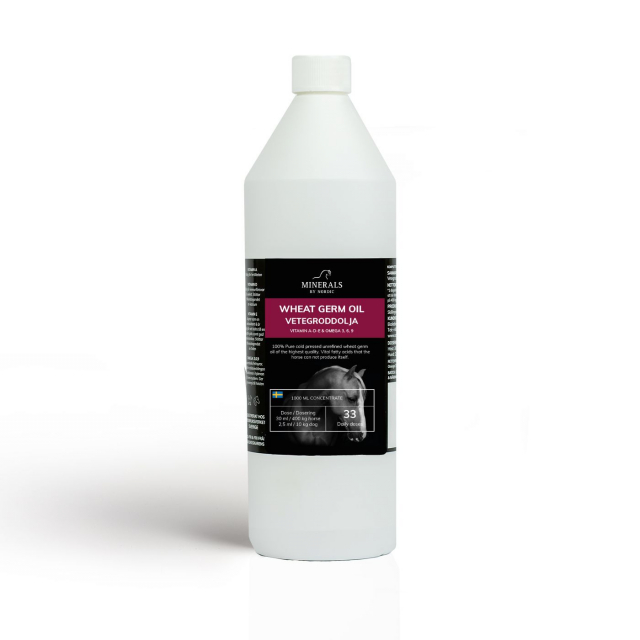
How to help a horse with pastern dermatitis?
A common issue that horses can encounter is pastern dermatitis, but what exactly is pastern dermatitis? Pastern dermatitis, also known as scratches or grease heel, is a skin problem that horses can experience. It is important to understand what causes it and the symptoms to watch out for. Pastern dermatitis is an inflammation of the skin that usually affects the lower parts of the horse's legs, particularly the fetlock area. It is characterized by scabs, swelling, tenderness, and in more severe cases, lameness. Pastern dermatitis occurs when the thin skin in the fetlock area is damaged by dirt, moisture, or friction, allowing bacteria or fungi to take hold. If not treated in time, pastern dermatitis can develop into more serious conditions like greasy heel or lymphangitis. Regular inspection and early intervention are key to keeping your horse healthy and happy.
Symptoms of Pastern Dermatitis (Scratches or Grease Heel):
Swelling and Tenderness: Affected areas may be swollen and tender to the touch.
Redness: The skin around the affected area may become red.
Heat: The infected area may feel warmer than the rest of the skin.
Lameness: In more severe cases, the horse may exhibit lameness due to pain and discomfort.
Preventive measures
Environmental control: Maintain good stall hygiene and try to keep paddocks mud-free where they stand often by ensuring proper drainage.
Feathering: Choose between keeping the horse’s feathering for natural protection or trimming it for easier cleaning.
Treatment of pastern dermatitis
Cleaning: Start by washing the affected area with an antibacterial shampoo. Use warm water to wet and soften the scabs. Using oil, such as baby oil, can be effective in softening the scabs. Avoid pulling off the scabs; let them fall off naturally after softening.Drying and ointment: After washing, gently dry with a clean towel and apply a thick cream.
Repeat treatment: The treatment should be repeated daily for five to seven days.
Consult a veterinarian if needed: If the condition does not improve or worsens, contact a veterinarian for further treatment.

Feed & nutritional fffects to resist pastern dermatitis
Skin conditions like pastern dermatitis are often caused by bacteria. By strengthening the horse's resilience and immune system, you can support the horse's health. It is important to review the feeding plan and see if any improvements can be made. A well-balanced diet is crucial for maintaining a horse’s overall health and a strong immune system.
The foundation is always a base of high-quality forage (hay, silage, or grass), which is important for maintaining good gut health, thereby supporting the immune system. Avoid overfeeding and feeds high in starch and sugar, as a diet high in starch and sugar can lead to various health problems and potentially weaken the horse’s immune system. A good feeding plan is part of an overall strategy to prevent pastern dermatitis.
Here are some supplements that can be beneficial for supporting the horse's resilience:
Omega-3 Fatty Acids: These fatty acids are known for their anti-inflammatory properties and can help strengthen the skin’s barrier function. They are found in high potency in Inflaboost DHA.
Zinc and Copper: These minerals play an important role in skin health and healing. They are often included in mineral supplements.
Vitamin E: This vitamin is a powerful antioxidant that can support the skin’s defense against environmental damage and inflammation. Vitamin E is found in wheat germ oil.
Selenium: In combination with Vitamin E, selenium can help strengthen the immune system and protect skin cells.
Prebiotics: Maintaining a healthy gut flora is important for the immune system. Prebiotics can help support a healthy gut environment. We recommend Höveler's Pur.Mash for prebiotics.
Amino Acids: Specific amino acids, such as lysine and methionine, are important for skin and coat health. All 20 amino acids can be found in Activ Mineral.
FAQ Pastern Dermatitis, Scratches, & Lymphangitis
What is Pastern Dermatitis or Scratches? Pastern dermatitis or scratches are skin problems in horses that can be caused by various factors such as poor hygiene, bacteria, and nutritional deficiencies.
How can I prevent pastern dermatitis, scratches, and lymphangitis in my horse? Keep the stable clean, follow regular grooming routines, and ensure the horse receives proper nutrition.
How often should I care for my horse to avoid pastern dermatitis and scratches? Regular grooming is important. Do it as often as needed to maintain the horse’s skin and coat in good condition.

 SWE
SWE


 ENG
ENG NO
NO AX
AX DE
DE